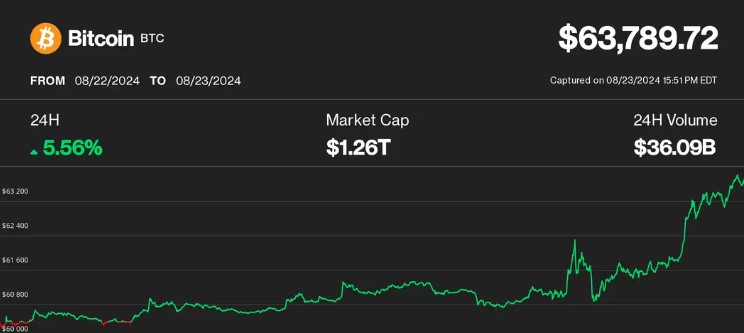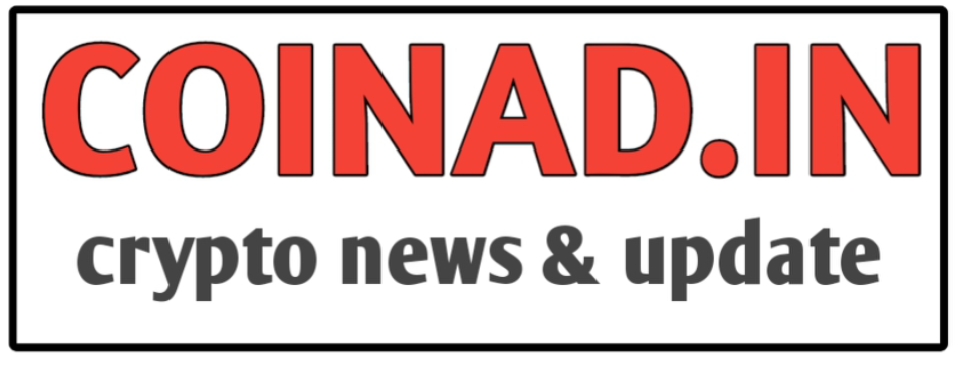Cardano’s Chang Hard Fork Goes Live, Introducing On-Chain Governance
:format(webp)/cloudfront-us-east-1.images.arcpublishing.com/coindesk/YRYDAZSGVFEY7LAX4XBQO3TASI.jpg)
Cardano has successfully activated its much-anticipated "Chang" upgrade, transforming its ADA cryptocurrency into a governance token and marking a significant shift towards decentralized governance. Launched in 2017 by Ethereum co-founder Charles Hoskinson, Cardano has been planning this move for some time to enable its community to have a direct say in the blockchain's future.
With the Chang upgrade now active, ADA holders gain the ability to influence Cardano's direction by electing governance representatives and voting on key development proposals. This shift is outlined in CIP-1694, a "Cardano Improvement Proposal" that details the new governance framework, including the creation of three community-led bodies: the Constitutional Committee, Delegate Representatives (dReps), and Stake Pool Operators (SPOs). These entities will now be responsible for initiating any future chain upgrades or "hard forks," a role previously held by Cardano's founding organizations—Cardano Foundation, Input Output Global (IOHK), and Emurgo.
Cardano's move to decentralized governance aligns it more closely with the broader blockchain industry's commitment to decentralization. It may also provide the ADA token with additional utility, potentially distancing the project from regulatory scrutiny as a security.
Despite its current ranking as the 28th largest blockchain by DeFiLlama, Cardano has consistently captured the attention of the crypto community, partly due to Hoskinson's outspoken nature. Hoskinson, who was one of the original co-founders of Ethereum in 2014, eventually left to build Cardano as a competitor in the blockchain space.
Hard forks, which are major updates that render previous versions of a blockchain obsolete, are crucial for the evolution of any blockchain network. The Chang hard fork is being implemented in two phases. The first phase, already live, introduces an Interim Constitutional Committee to oversee governance temporarily. This phase is designed to be conservative, granting the committee limited authority to modify the blockchain's code while the broader governance structure is established.
The second phase, set to commence in 90 days, will fully empower the newly formed governance bodies. “Once everyone is onboard and well-informed, they will be ready to actively participate in governance,” said Giorgio Zinetti, CTO of the Cardano Foundation, in an interview with CoinDesk.
This upgrade marks a significant milestone in Cardano's development, signaling the start of the Voltaire era—a stage focused on achieving complete decentralization. “I would say it is the biggest event in Cardano history, and it really makes us different from many other chains,” Zinetti told CoinDesk. “I think we are the largest layer 1 with on-chain governance. There are some smaller players, like Tezos and Polkadot, who already have on-chain governance. But if there was a leaderboard of real decentralized layer-1s, we would be number one.”
What's Your Reaction?








:format(webp)/cloudfront-us-east-1.images.arcpublishing.com/coindesk/U56UERXZAJHK5BFDRXH6QUEJJA.jpeg)

:format(webp)/cloudfront-us-east-1.images.arcpublishing.com/coindesk/LE2MPISZ7JGF5MUSKMQGXHSXFY.jpg)
:format(webp)/cloudfront-us-east-1.images.arcpublishing.com/coindesk/AQ6LZDAVHNB25I5BIXMWKHIK7M.jpg)
:format(webp)/cloudfront-us-east-1.images.arcpublishing.com/coindesk/USLO3QN6SFHPBMKEYHKE57PNZI.jpg)
:format(webp)/cloudfront-us-east-1.images.arcpublishing.com/coindesk/XR3JP6WIJZA4ZL3CCDIDCZ6HWE.jpg)
:format(webp)/cloudfront-us-east-1.images.arcpublishing.com/coindesk/3I4LH4CG2JD5LDEMMUF3FLPZEQ.jpg)
:format(webp)/cloudfront-us-east-1.images.arcpublishing.com/coindesk/XGPASXHR4VA7PNMBUYARJUYR4A.png)
:format(webp)/cloudfront-us-east-1.images.arcpublishing.com/coindesk/VDF3WRBC35G67EBQ5FCGNJU6F4.jpg)


